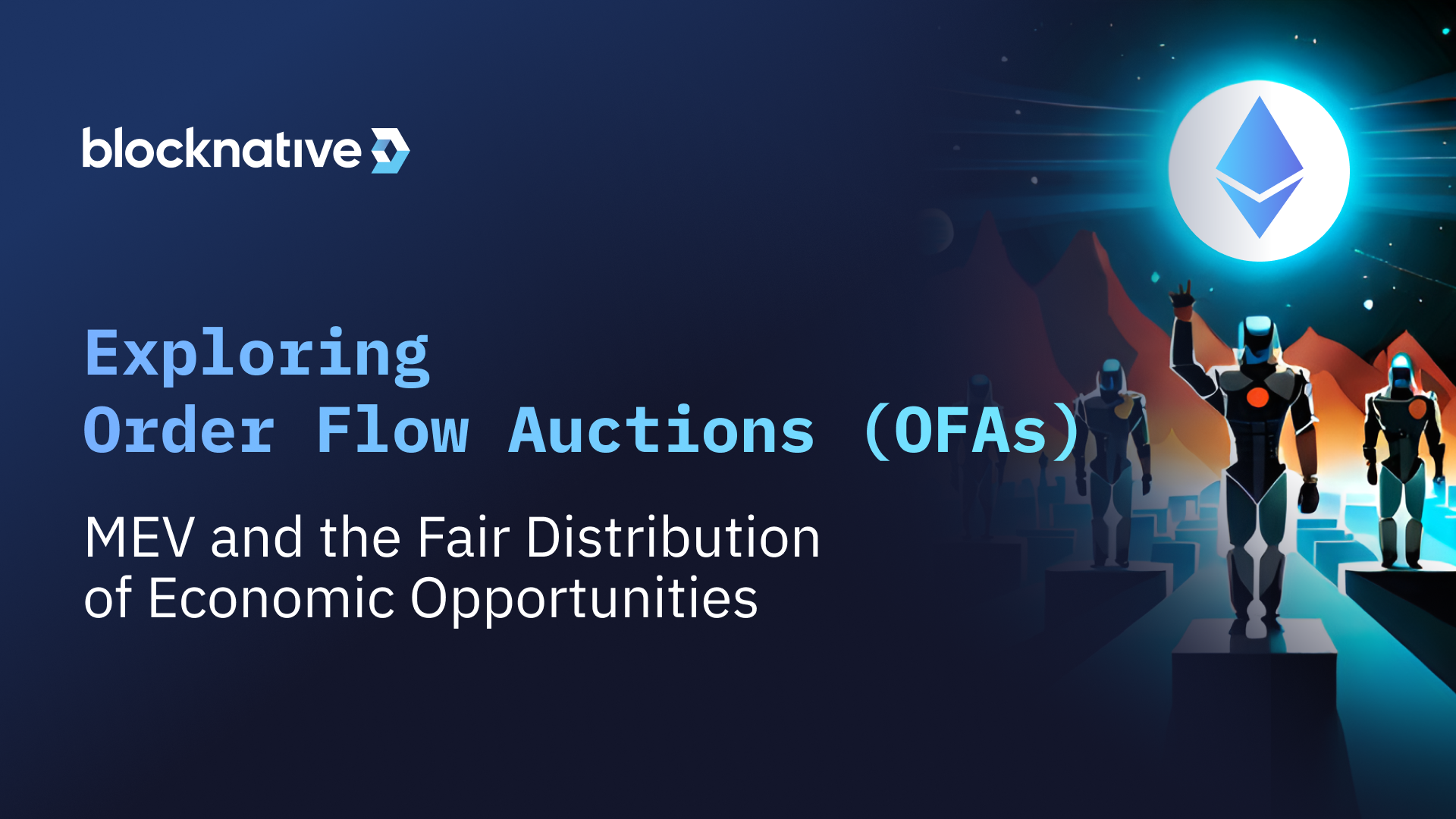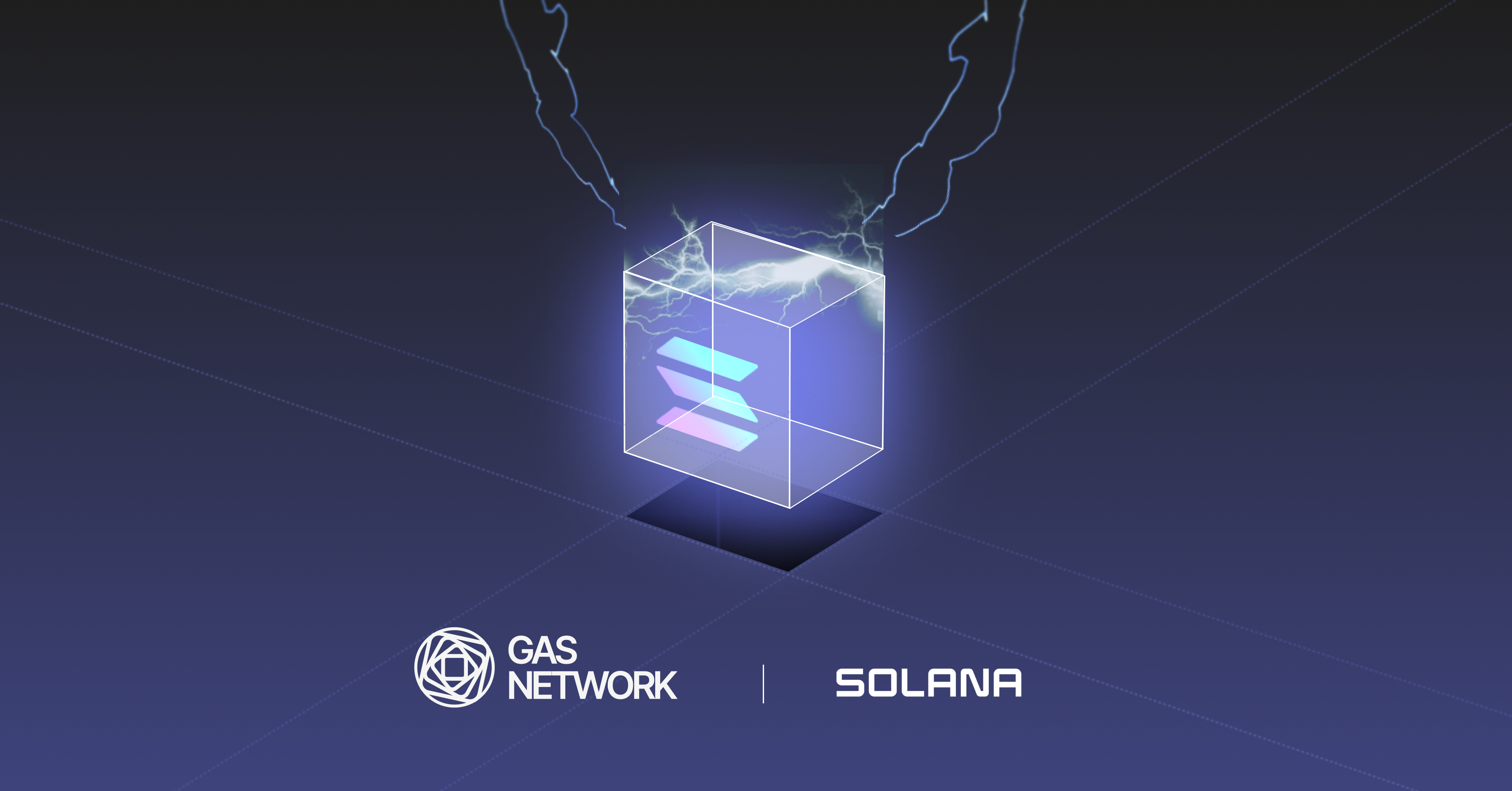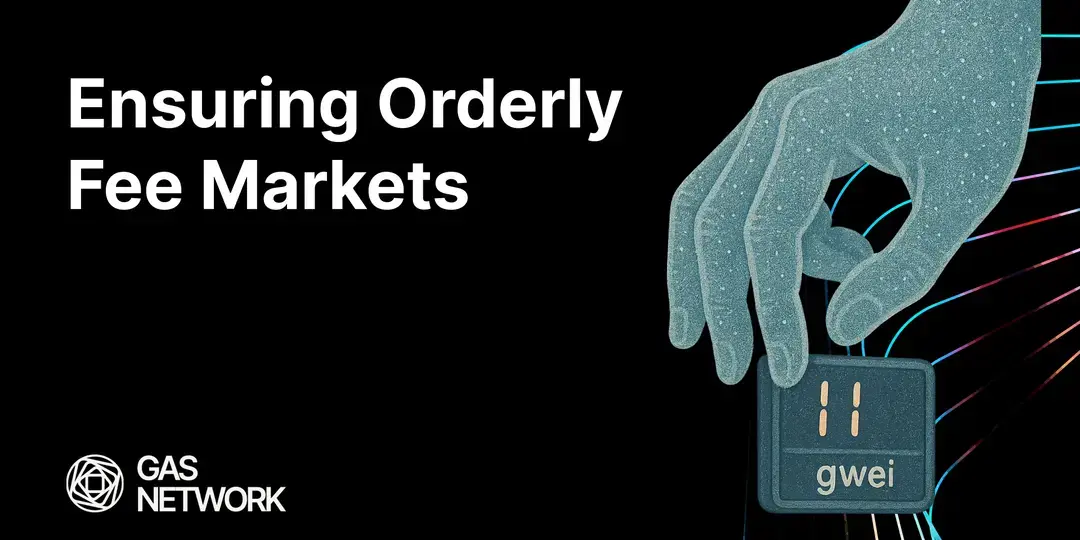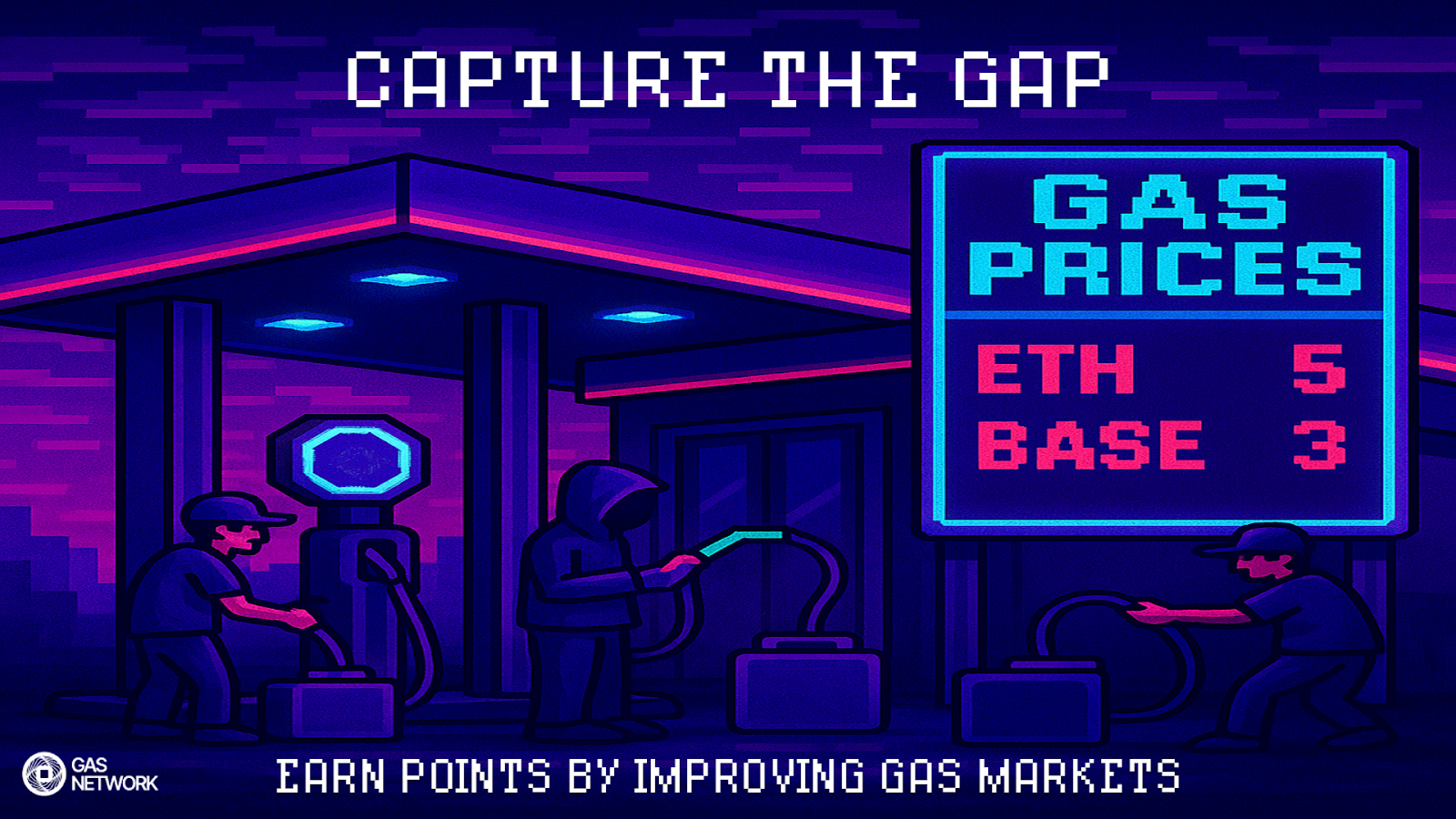Order Flow Auctions (OFAs) are quickly gaining popularity in the Ethereum ecosystem. These systems are designed to help end users benefit from the economic opportunities their transactions create for others in MEV (Maximal Extractable Value) extraction. But how do we fairly distribute these opportunities among MEV searchers, end users, and block proposers? This blog will examine what exactly Order Flow Auctions are, why they matter, and what fair distribution of economic opportunities may look like.
What are Order Flow Auctions (OFAs)?
Order Flow Auctions are mechanisms employed in decentralized finance (DeFi) platforms to help mitigate the negative externalities associated with MEV strategies, such as front-running and sandwich attacks, which can negatively impact the settlement of the end user’s trade. At the same time, many OFAs leverage the positives of MEV to bring more value to end users that create MEV opportunities.
OFAs operate by aggregating transactions into discrete batches or auctions rather than processing them on a first-come-first-served basis. During an OFA, users submit their transactions, which are then collected and sorted according to specific criteria, such as price or size. Once the auction period ends, the transactions are processed in a single batch, with the optimal execution determined by the auction rules.
Order Flow Auctions matter for several reasons:
- Fairness: By processing transactions in batches and employing predefined auction rules, OFAs promote a more equitable trading environment. This mitigates the advantages that certain participants, such as bots or high-speed traders, might have in traditional, continuous order book systems.
- Reduced MEV opportunities: Since OFAs aggregate transactions and process them in a single batch, they make it more difficult to exploit MEV opportunities. This leads to a more secure and trustworthy ecosystem for users. Some OFA systems restrict MEV to backrunning only, preventing any negative transaction settlement for the end user.
- Improved price discovery: OFAs facilitate better price discovery by allowing market participants to compete fairly for the best execution prices. This can lead to more accurate and efficient pricing of assets in the DeFi ecosystem.
- Lower transaction costs: By processing transactions in batches, OFAs can reduce gas fees and other transaction costs associated with executing trades on the blockchain.
- Enhanced liquidity: OFAs can increase liquidity in the DeFi ecosystem by encouraging more market participants to engage in trading activities. This, in turn, can lead to tighter spreads and more efficient markets.
The challenges with fairly distributing economic opportunities in OFAs
There are many challenges when it comes to the fair distribution of opportunities among OFA participants. Is there a "fair" way to share information in OFAs without favoring those with more resources? When trying to design an information-sharing protocol to optimize for some notion of “fairness”, the tradeoffs between privacy, order liveliness, and fairness become a clear challenge in this area of research.
Three possible paths for fair distribution include:
The Zeroth Path - Vanilla Scalability: In this approach, orders are sent to one location and then replicated across multiple instances before being revealed at a synchronized time. While this may work in the short term for a limited number of users, it is not a sustainable solution for a decentralized protocol.
The First Path - Consensus: This option introduces consensus and staking, which adds complexity and may hinder adoption in the short term. It involves a known validator/revealer set to ensure fairness but still faces challenges.
The Second Path - Consensus Free: This solution uses a Proof of Work (PoW) delay mechanism to avoid the need for consensus. However, it departs from fairness since more compute power allows for faster access to information.
There are many challenges and trade-offs between privacy, order liveliness, and fairness when it comes to MEV and OFAs. Achieving a fair distribution of economic opportunities remains a complex problem that requires further exploration and innovation.
Join the conversation
For a deeper dive into OFAs and our research into fair distribution models, check out Blocknative researcher Dan Marzec’s Fair Distribution of Economic Opportunities in OFAs on HackMD. We’d love to hear your thoughts.
Gas Extension
Blocknative's proven & powerful Gas API is available in a browser extension to help you quickly and accurately price transactions on 20+ chains.
Download the Extension


